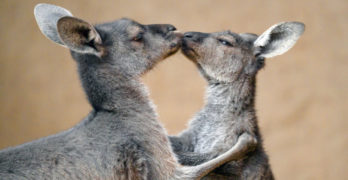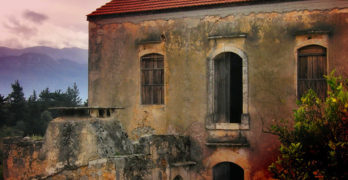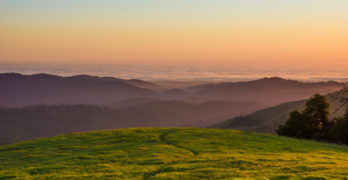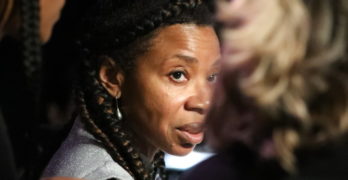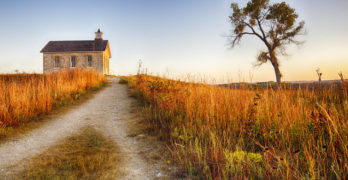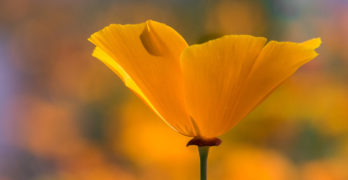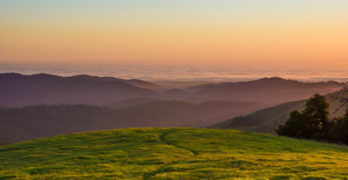“Spoon River America” by Jason Stacy explains how the myth of the small Midwestern town supplanted the myth of the New England village.
Poets and Poems: Thomas Colquith and ‘Let Our Memories Escape’
“Let Our Memories Escape” by poet Thomas Colquith demonstrates that time is the theme running through all aspects of our lives.
Poets and Poems: Iain Thomas and ‘The Truth of You’
“The Truth of You,” a new poetry collection by writer and poet Iain Thomas, is an affirmation of both love and life.
Reading the 1913 Edition of ‘Cassell’s Illustrated Shakespeare’
To read “Cassell’s Illustrated Shakespeare” is to rediscover the great playwright and step into a time when families read Shakespeare.
Poets and Poems: Yrsa Daley-Ward and ‘bone’
The poems of “bone” by Yrsa Daley-Ward create discomfort, jolting the reader into an awareness of a very different and personal experience.
Poets and Poems: Atticus and ‘The Dark Between Stars’
“The Dark Between Stars: Poems” by the Instagram poet Atticus takes the reader on a visual journey to love lost and love found.
Poets and Poems: Paul Willis and ‘Somewhere to Follow’
“Somewhere to Follow,” the new poetry collection by Paul Willis, invites the reader to find the sacred in the everyday.
Poets and Poems: Claude McKay and ‘Harlem Shadows’
Almost a century later, the poems of “Harlem Shadows” by Claude McKay remain a statement for recognition, courage, and determination.
Poets and Poems: Dan Rattelle and “The Commonwealth”
In the simple, spare poems of “The Commonwealth,” Dan Rattelle explores the ideas of place and community, taken in their broadest sense.
Poets and Poems: Carl Phillips and “Pale Colors in a Tall Field”
“Pale Colors in a Tall Field” by Carl Phillips invites you into a dream, asking unexpected if important questions.
Was Tolkien Influenced Only by the Middle Ages? Holly Ordway Says No
In “Tolkien’s Modern Reading,” Holly Ordway persuasively argues that the literary influences on J.R.R. Tolkien were broad and diverse.
Poets and Poems: Angela Alaimo O’Donnell and “Love in the Time of Coronavirus”
“Love in the Time of Coronavirus” by Angela Alaimo O’Donnell is the poet’s journal of the pandemic year and its change and upheaval.
Forgotten Classics: “Cane” by Jean Toomer
“Cane” by Jean Toomer is considered a modernist classic, compared favorably and critically to the works of William Faulkner.
Poets and Poems: Loren Broaddus and “Joe DiMaggio Moves Like Liquid Light”
“Joe DiMaggio Moves Like Liquid Light” by Loren Broaddus is a collection of poems about baseball, but, like baseball, it’s about a lot more.
Poets and Poems: John Martin Finlay and “Dense Poems & Socratic Light”
“Dense Poems & Socratic Light” by John Martin Finlay is the best collection of the poet’s published and unpublished work available.
An Ode to Poetry: “How to Write a Form Poem” by Tania Runyan
“How to Write a Form Poem” by Tania Runyan is a guide to 10 poetic forms. It also stands as an ode to poetry.
Reconsidering History: Natasha Trethewey and “Native Guard”
In “Native Guard,” poet Natasha Trethewey considers what history often forgets, in this case a Black regiment that fought for the Union.
You Can Go Home Again – to the Bookstore
After more than a year of pandemic-induced isolation, I was able to go home again—in this case, a bookstore.
Poets and Poems: James Tweedie and “Mostly Sonnets”
“Mostly Sonnets” by James Tweedie shows how the poetic form can also be used for important subjects other than love.
Poets and Poems: Brad Lussier and “How Does He Love Me?”
The 47 sonnets of “How Does He Love Me?” by Brad Lussier remind us that love is transcendent, eternal and unchanging.


